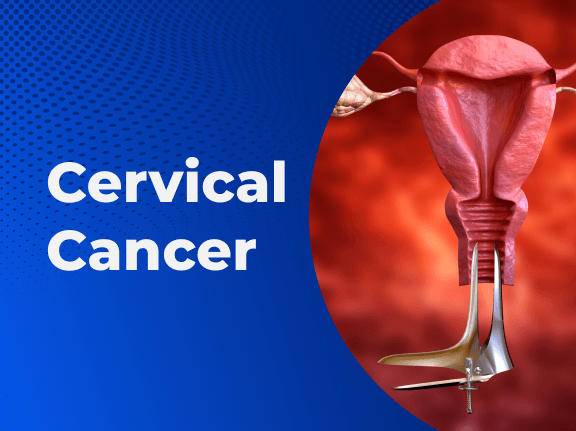January marks Cervical Cancer Awareness Month, and the WHO African Region is committed to advancing the campaign’s with three key messages: be informed, get screened, and get vaccinated.
READ ALSO:BSUTH to commence cervical cancer treatment
The WHO Regional Director for Africa, Dr. Matshidiso Moeti said in 2020, 100,000 women in the region developed cervical cancer, with 70,000 succumbing to the disease, highlighting a pressing issue that disproportionately affects vulnerable communities.
“The campaign emphasizes the critical need for women, especially young ones, to be informed about the link between cervical cancer and the human papillomavirus (HPV). Almost all cases (99%) are linked to this common virus, making awareness, screening, and vaccination pivotal in the fight against the disease”. She said.
Recognizing the gaps in knowledge and access to screening, Dr. Moeti said the WHO African Region has launched a public health framework aimed at eliminating cervical cancer. Targets include high HPV vaccine coverage, increased screening rates, and improved treatment for pre-cancer and advanced cases.
“In addressing the intersection of HIV and cervical cancer, the region leverages existing HIV services for awareness and screening. Integration efforts have shown progress, with increased screening rates among women living with HIV”. She added.
Beyond HIV services, a project integrating breast and cervical cancer services into primary healthcare, supported by Roche, targets over 300,000 women in Cote d’Ivoire, Kenya, and Zimbabwe. This initiative expands access to crucial services and promotes early diagnosis and treatment.
Dr. Moeti explained that WHO supports countries in the region to adopt HPV testing, including self-sampling kits and rapid testing. This facilitates community-based screening, exemplified by success stories in Kenya, Malawi, and Cameroon.
Additionally, WHO aids countries like Malawi, Sierra Leone, and Zambia in strengthening their capacity for early diagnosis and treatment, the focus is on scaling up services at public health centers to minimize costs for patients.
She said in the realm of HPV vaccination, the region is making strides, with 27 countries incorporating it into routine vaccination for young women.
“An innovative approach involves a single-dose vaccine, proven highly effective and encouraging greater vaccine schedule adherence”. She added.
The Regional Director urges all countries to actively engage in awareness campaigns, promote screening, and encourage HPV vaccination.
“As 2024 begins, the message resonates: cervical cancer can be prevented and cured through collective efforts. The WHO Regional Office for Africa remains dedicated to partnering with countries and stakeholders to accelerate action and eliminate cervical cancer, ensuring no woman in Africa faces this devastating disease”. She added.


Comments are closed.